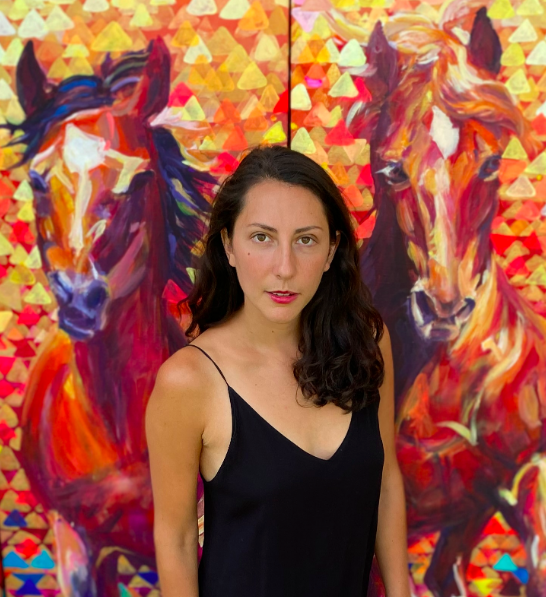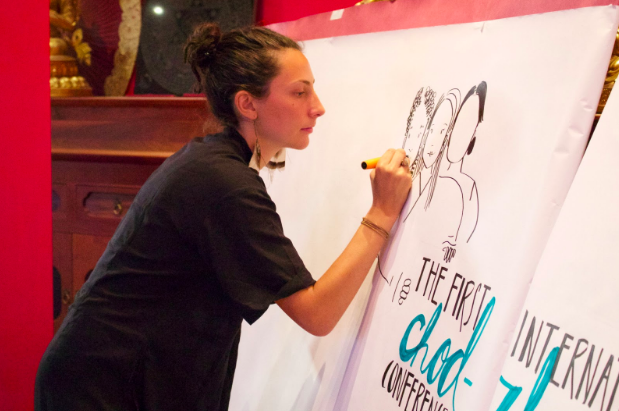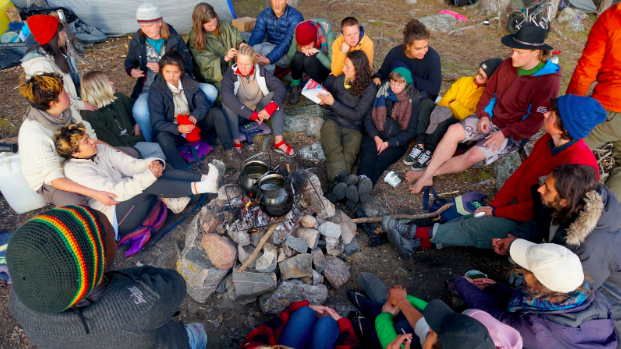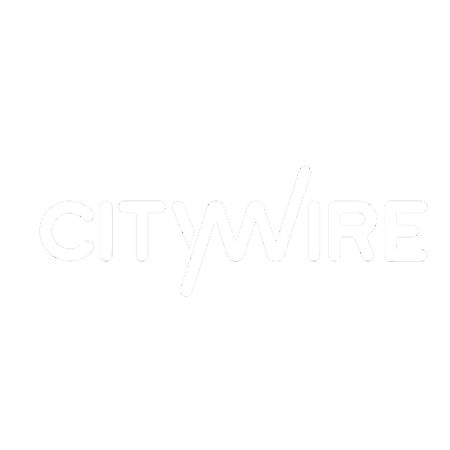Isabel joined us on our third UnSchool fellowship program in Sao Paulo, Brazil in 2016. Since then she has run her own immersive experience in the Amazon and traveled the world doing visual storytelling and a host of exciting projects. We caught up with her to hear more about what she has done over the last four years since she first joined the UnSchool community.
Can you give us an introduction to yourself and your work?
Hello, my name is Isabel.
I bring clarity through big picture thinking, most recently as an organizer of sustainability-based education programs and as a graphic facilitator. For the last two years. I have been living in rural Sweden, running the International Youth Initiative Program — a 10 month residential societal entrepreneur training for 18-28 year olds to find their authentic task and be of service to the world.
In Sweden, photo taken by Per Ingvad in front of friend Rachel Ingvad’s horse painting.
My focus is on designing meaningful learning processes. We consider multiple ways of knowing and work on many levels at the same time: personal, interpersonal, and systemic. The teams I work with create environments for deepening knowledge and collaboration. We ask questions, use participatory leadership approaches, and surface collective wisdom through listening, conversation, creativity and action planning.
In Colorado, Photos taken by Clinton Spence of Tara Mandala Retreat Center where I was graphic facilitating for a conference.
You can find me engaging in dialogue about social and environmental sustainable prosperity and shifting the way we see our opportunities and challenges. I'll probably mention disruptive design, systems thinking, anti-racism, complexity science and/or Buddhist mindfulness at least once — as well as llamas, Pantone’s color of the year, and a beautiful pair of pointy-toed shoes I just saw. I’ll be waving my arms, taking pauses as I speak, bringing out pieces of paper to draw shapes on, and probably trying to convince you to question who you are and what you are doing. In a loving way.
In Colorado, Photos taken by Clinton Spence of Tara Mandala Retreat Center where I was graphic facilitating for a conference.
What motivates you to do the work that you do?
What education do we need now? What form will allow this intention to thrive and create generative impact? How can we practically and lovingly work towards collective liberation for all beings? How can I live in sustainable cycles? These are some of the questions motivating my life and work at the moment.
I have a deep care for the world and human beings. Since arriving at YIP, I have become more committed to unfolding potential in each other as a way to create social change.
How did you find out about the UnSchool, and what motivated you to come?
I had just moved to Sao Paulo for four months to work with a project called the Amazon Summer School in the heart of Brasil’s rainforest. This 21-day sustainability leadership education program builds capacities to understand, reflect on and take action in the field of sustainable development. People from all over the world come and fall in love with the forest and its people, gaining inspiration to step into a role of defending this forest for future generations. Everything I had been working with and studying was coming into practice with this work.
I was curious about what, who, and how social innovation existed in Sao Paulo. I wanted to discover frameworks, mental models and design tools that could support our team to embed the scientific element of sustainability and systems thinking into our program in an elegant way. I had been working as a graphic facilitator and was missing the link between my artistic/facilitation practice and my academic background in Sustainability Systems Science and International Development/Relations.
My friend Raquel sent me the description for the UnSchool Fellowship program and I kept nodding and saying “yes” as I read it, and so I applied the next day — before I had even realized what I had done!
What was your experience at the UnSchool like?
Fast. Thrilling. Colourful. Lots of information. Equal amounts of action. Deep conversations. Games. Notebooks full of diagrams. Challenge. Joy. Hands-on practice.
As a process designer, I found new ways to express and deepen my practice. I experienced how important design is to me and how many ways you can understand what this word means. The graphic design of the materials. The educational model and pedagogical design of the days. The Disruptive Design tools. Life cycle assessments, circular economy - elegant designs for thriving life. I was awed by the cohort of people. Getting to know each one was a gift. Not to mention the mentors, Leyla, and the fellowship hosts. It felt like it was one year and one day all at the same time.
I also loved how connected to the city of Sao Paulo the program was and how much I learned about the city I was living in. Touring different areas, visiting different buildings and initiatives. I was captivated by all the different learning environments we were invited into.
What was the main take away you had from coming to the UnSchool?
Design is a social scripter that shapes the world. If we design conventions or spaces that invite a different behaviour, we can change our systems and structures. I repeat this line that I learned there a lot now because it reveals a truth I feel is a needed medicine at the moment.
Human beings who are taken away from their contexts and living in oppressive, racist, growth-based systems behave in ways that are not indicative of what people are capable of. People behave according to the systems that they are invited into. If we were part of different systems, we would behave differently, in a more aligned way with what I feel our potential is as human beings.
On a small scale, the way the environment is set up changes the way we experience learning. On a bigger scale, we see how this plays out in movements for sustainability and social justice, as our system favors some ways of being and not others. We are being called to question our ways of knowing and how we know what we know. Who taught us and how. Why do we believe it? This connects to the idea of “unschooling” and creating new ways of learning.
From the Fellowship, I took away a lot of questions and ideas about unlearning and how to invite people to participate in different ways of being to be part of creating different possible futures.
Tell us more about your initiative(s), and how is it all going?
It’s an interesting time to run an in-person international residential program for young people. Two years ago, I shifted from being a freelance sustainability and creative consultant to a full-time organizer and program coordinator, wanting to deepen my relationships by working with people and places over time. It has been a joy to work with co-founder Reinoud Meijer, Annie Meijer, and a committed team of educators.
YIP was created as a response by young people for young people who wanted a different kind of education that allowed them to meet the challenges of today’s world from a practical, intellectual, social and emotional perspective. Our ethos is that we see the world as one interconnected system, and so we are connected to and responsible for everything. From this understanding, we work with the balance between freedom and responsibility.
The ten-month program is composed of seven course modules: Global Realities; Inner Awareness; Collaboration and Community life; Initiative; Internship; Self-Designed Curriculum and Integration. We move from the systems of our world, the “why” we want to take action to the “who” wants to create change. We then explore “how” to work together before diving into “what” area we want to work in and “which”skills, capacities and qualities are needed.
YIP has existed in its physical form for over 12 years! At the moment, we are considering how we can maintain the in-person residential program we cherish while being adaptable and flexible to what Covid19 and its impacts are bringing us regarding the way our systems need to shift and how we need to be in order to support freedom, health and safety.
In Sweden, photo taken by Maaike Verbanck, one of the YIP participants with the rest of YIP12 in one of our learning spaces - An Outdoor Experience.
Other initiatives I collaborate with are: The Amazon Summer School in Brasil for sustainability leadership; Movement Vilnius, seeking to redefine physical culture; Fouta Harrisa, an incredible Tunisian company creating beautiful products while providing livelihoods for local artisans and creating a sustainable alternative in the textile industry; and Brave Space Social Innovation, who I have been working with since before the UnSchool as a graphic facilitator.
In Brasil, Photo taken by Odenilze Ramos during Amazon Summer School 2018 with all the friends, contributors and participants in the forest classroom.
How did the UnSchool help you start/evolve it?
The UnSchool gave me a set of frameworks, mental models and tools that enhance and support my work as a facilitator. I was part of one of the first UnSchool Educator programs and learned how disruptive design can support problem solving and working with complexity. This has been in the “background” or “blueprint” of a lot of my projects over the last 4 years.
I have used the handbooks, cards, and courses as resources for the participants I work with. Sometimes in my work I feel like a librarian ( in the best way!) — people bring up a topic they are curious about and I direct them to resources. Very often I direct them towards the UnSchool’s in-person programs and online resources so they can deepen their knowledge and activate their capacities for creating social change.
The whole concept of “unschooling” has been a red thread in my work since the 2016 cohort. At that time, I was becoming more aware that I wanted to shift my focus to education rather than consulting. The UnSchool helped me find the language to articulate what kind of education movement I wanted to be a part of and has connected me to others in this field. For example, I invited Kalina Juzwiak (one of the other UnSchool Fellowship Participants) to be part of the Initiative Forum conference at YIP in 2018 and it was such a joy to work with her! If you haven’t seen her work already, follow her on instagram (@bykaju). She is a huge inspiration for me.
In Brasil, photo taken by Odenilze Ramos as Raquel (who told me about the UnSchool!) and I are talking about systems thinking and asking questions about leadership.
How have you amplified this change you do in the world?
Like many UnSchool alumni and complexity scientists, I am a big believer in fractals. If you are familiar with the work of Adrienne Maree Brown (who wrote Emergent Strategy and Pleasure Activism), one of her principles for design is : Small is good, small is all (The large is a reflection of the small). In my work, I hope to create living examples of other possible futures.
I feel the best amplification is through relationships. If I imagine the different people I have worked with and learned from over the years, I think we all carry seeds of the work we are doing. Each YIP participant, contributor, local supporter, project team member, carries this into their future work. It’s interconnected. It might be invisible. I believe in it.
Writing this interview is probably the most “visible” or tangible amplification I have taken part in over the last 5 years, aside from working with YIP’s social media, where I basically tell stories of what we are doing. So this is a step.
How can people engage with, support, or follow your work?
Subscribe for the YIP newsletter to hear more about what we are doing.
Visit the websites of the initiatives I mentioned — read their stories and see how they are working with questions of what it is to be human and live sustainably. Here you can find YIP, Movement Vilnius, Fouta Harrisa, and the Amazon Summer School.
